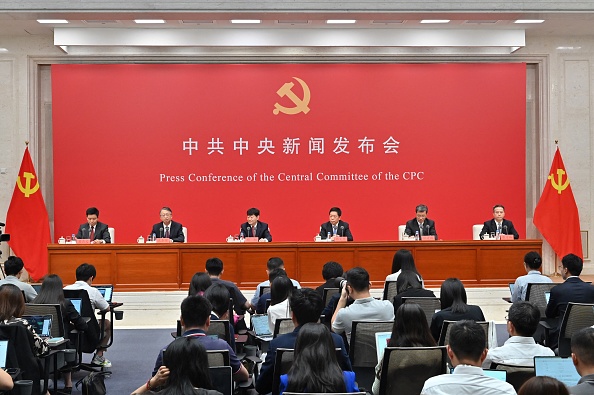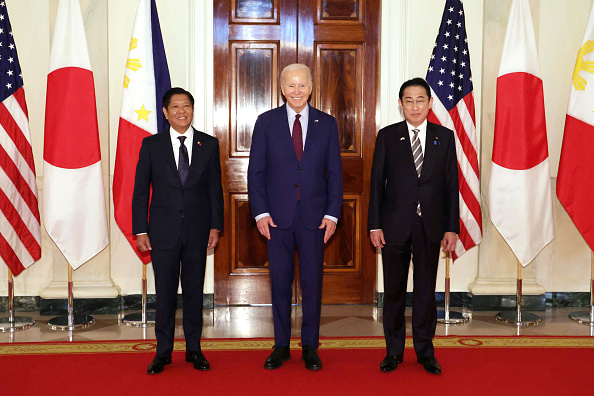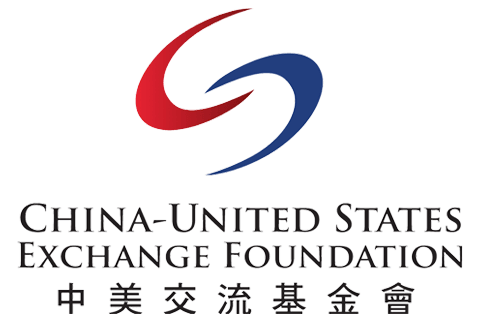
Dear Focus Reader,
In a significant turn of events, President Joe Biden announced his withdrawal from the 2024 presidential race this week, endorsing Vice President Kamala Harris as the Democratic nominee. This decision marks Biden as the first elected U.S. president since Lyndon Johnson to opt out of a second term. While Biden focuses on his remaining duties, Harris has quickly become the new presumptive Democratic nominee, and faces the challenge of winning the presidency against former President Donald Trump.
China's response to Biden's announcement thus far has been cautious, with Foreign Ministry spokeswoman Mao Ning refraining from commenting, labeling it a domestic affair. Chinese state media and social media have both been abuzz with reactions, speculating on the potential implications for U.S.-China relations.
While it is still early in her campaign, it's anticipated that a potential Harris administration would likely maintain many of President Biden's foreign policy objectives, offering strong support for Ukraine's war effort and continuing initiatives to deepen alliances in Asia and the Pacific in response to China's geopolitical ascendance, particularly given her alignment with Biden's stance on trade and national security. However, some analysts suggest she may adopt even stricter measures on China to assert leadership and counter critics on the other side of the aisle.
Meanwhile, China concluded its Third Plenum this week, which highlighted significant economic and climate announcements. At the closing of the Plenum, Chinese officials acknowledged that the country's economic recovery is "not strong enough" and called for more "proactive" measures to achieve its 5% GDP growth target.
Beijing plans to adopt strategies focused on breaking institutional barriers rather than relying on Western-style expansionary policies, establishing a "unified national market" to stimulate consumption, as well as relaxing the hukou system to facilitate employment and boost demand through greater labor mobility.
Learn more about China-U.S. relations by catching up on our latest Focus content, including topics on the Third Plenum, global policy, and U.S.-China cultural relations.
The percentage increase of NATO's military spending in 2024, compared to the previous year.
Learn more in "Are We Heading into World War III?," by An Gang, Adjunct Fellow, Center for International Security and Strategy, Tsinghua University.
The Past and Future of U.S.-China Cultural Relations | Carla Canales
Watch VideoIn our Focus Insights section, we shared an article on China's Third Plenum, from David T. C. Lie, Chairman of the China New Era Foundation.
We want to hear from you!
Given the evolving landscape of China's domestic and foreign policies, what strategic adjustments do you foresee China making in its economic and political engagements with the West, particularly in light of the recent Third Plenum?
Submit your thoughts to USeditor@chinausfocus.com for a chance to be featured in next week's Focus This Week.
useditor@chinausfocus.com for more info.
Prepared by China-US Focus editorial teams in Hong Kong and New York, this weekly newsletter offers you snap shots of latest trends and developments emerging from China and the U.S. every week. It is a community space to exchange thoughts and ideas about the China-U.S. relationship and beyond.
- 2024-07-19 Focus This Week: The Third Plenum
- 2024-07-12 Focus This Week: 75 Years of NATO
- 2024-06-28 Focus This Week: The Race to November
- 2024-06-21 Focus This Week: Global Currents
- 2024-06-14 Focus This Week: A Diplomatic Tour
- 2024-06-07 Focus This Week: Searching for Peace
- 2024-05-31 Focus This Week: A Rare Meeting
- 2024-05-24 Focus This Week: Inauguration Across the Strait
- 2024-05-17 Focus This Week: Alliance Strengthened
- 2024-05-10 Focus This Week: Strategic Partnership
- 2024-05-03 Focus This Week: Xi's Heading to Europe
- 2024-04-26 Focus This Week: Advancing Relations
- 2024-04-19 Focus This Week: Collective Concerns
- 2024-04-12 Focus This Week: Regional Coordination
- 2024-04-05 Focus This Week: Diplomatic Engagement
- 2024-03-29 Focus This Week: Economic Goals
- 2024-03-22 Focus This Week: Promoting Exchange
- 2024-03-15 Focus This Week: TikTok's Time Ticks
- 2024-03-08 Focus This Week: Setting Targets
- 2024-03-01 Focus This Week: Policy Preparations



